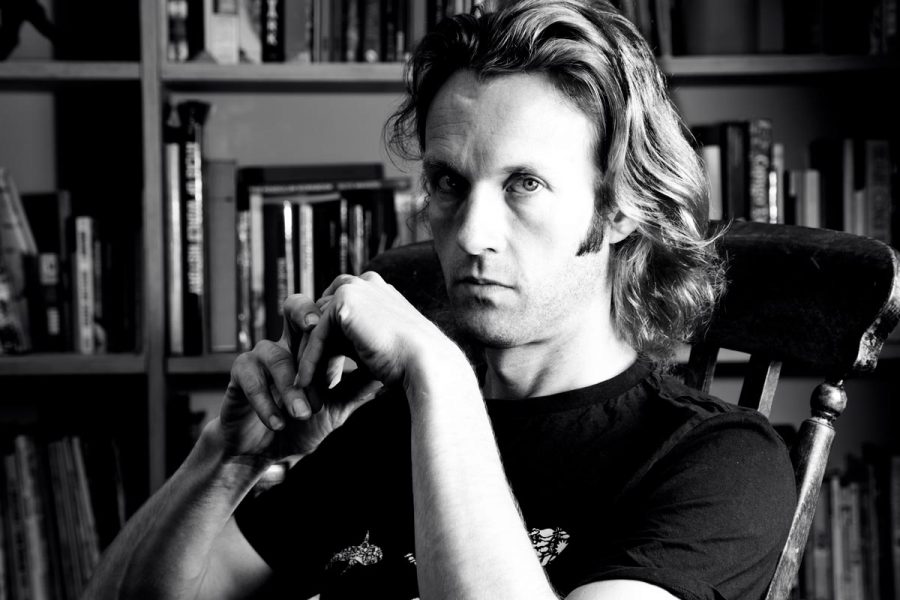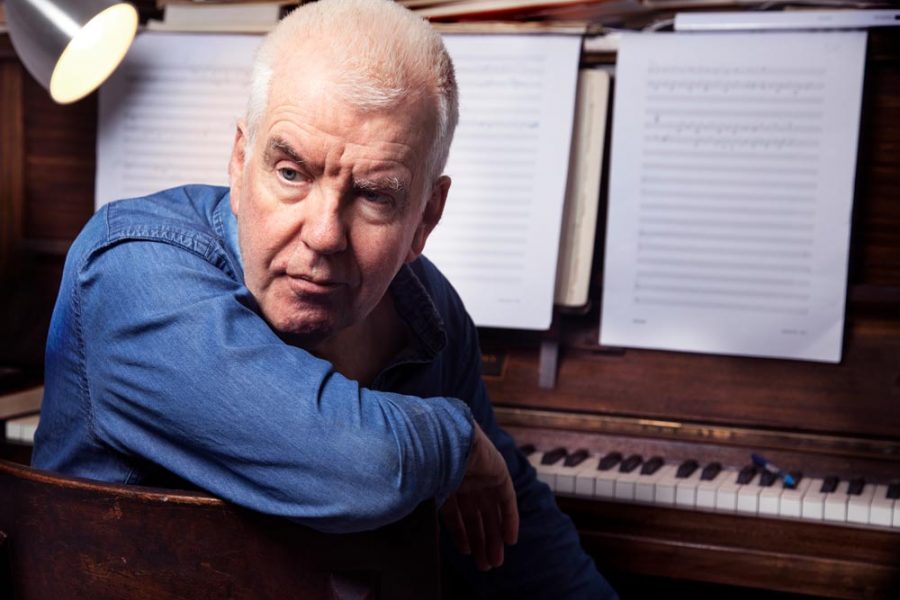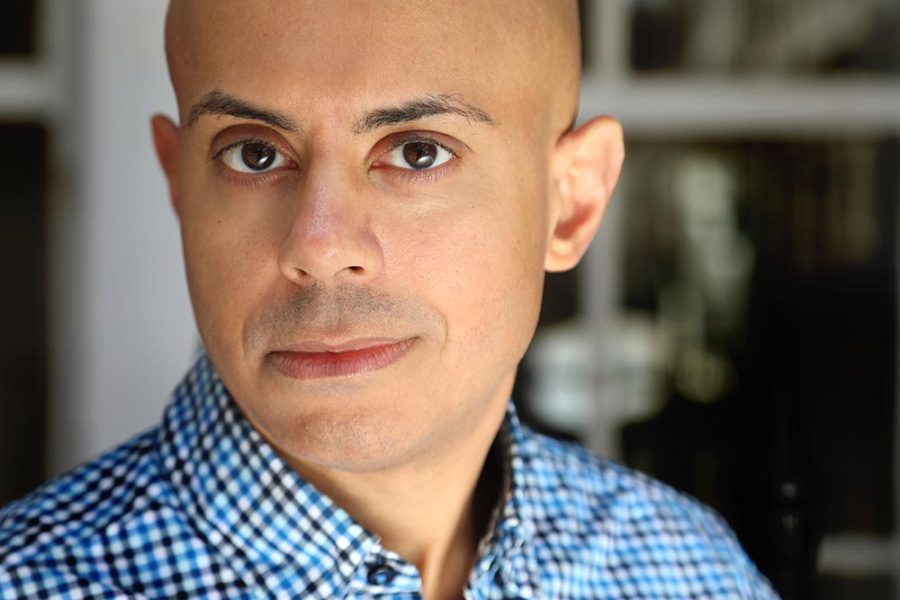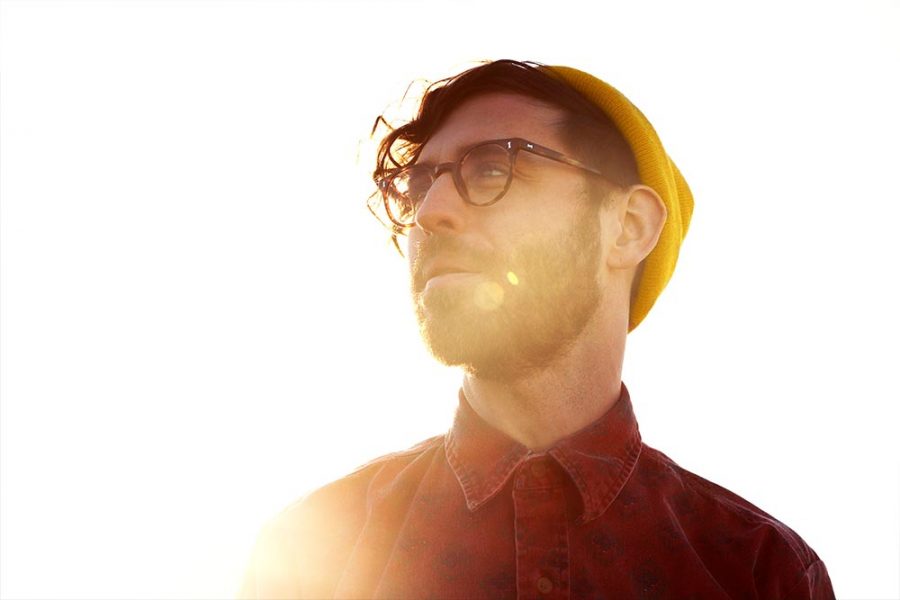Writing for the Stars: Ben Moore

August 2018
Interview and photos by
Frances Marshall
Through art songs, operas, choral and chamber works, Ben Moore has created a beautiful space for his music to exist. His work has been described as ‘gorgeously lyrical’ by the New York Times and performed by legendary industry leaders such as Deborah Voigt, Susan Graham and Frederica von Stade.
Final Note caught up with Moore in Manhattan to discuss how he climbed the steep ladder of success and his advice for emerging composers.
When I was very young, I remember playing the love duet from Tristan and Isolde at full volume and being absolutely transported."

What was the first instrument that interested you and how did it come into your life?
The piano without a doubt. My Mom was an excellent pianist and watching her play Chopin and Bach as a child absolutely mesmerised me. I started lessons when I was around 8. I was a terrible piano student, however, I could not muster the discipline to become more than fair. Nevertheless, I loved to play and I still itch to get back to the keyboard if I’m away from it for any length of time.
What music genres inspired you early on?
I was an atypical kid who was not very interested in pop music. When I was very young, I remember playing the love duet from Tristan and Isolde at full volume and being absolutely transported. I was also in love with Puccini. And, to this day, American Musical Theatre, especially the great Rodgers and Hammerstein scores and West Side Story – they still floor me with their incredible songs.
Do you remember your first composition?
I remember making up hyper-dramatic piano pieces on simple progressions when I was a small boy. The first piece I attempted to write down was set to a John Donne poem when I was perhaps 14 years old. I sent it to a company that gave free advice about new compositions and I remember how disappointed I was with the feedback that came back to me in the mail. My parents were also not always supportive, seeing my musical musings as distractions from practicing. By the time I was 15 or so, I stopped pursuing composition entirely, and wouldn’t return to it until I was around 29.
You’ve composed for some of the world’s greatest artists including the legendary Deborah Voigt. How did these opportunities arise?
My husband Brian Zeger opened the door to Deborah Voigt. He was beginning to play concerts with Debbie in the late 90s, I believe, and knew she was looking for a comedy song to perform as an encore. I volunteered and came up with a piece called “Wagner Roles” about a Wagner Diva who longs to sing lighter roles. It was a big hit in concerts and eventually led to her recording eight other songs of mine, more concerts and more commissions.
Other associations came out of the blue, like Nathan Gunn, who heard a song of mine sung by a student – we connected, and I ended up creating music for him and being included on a recording, as well as many concerts.

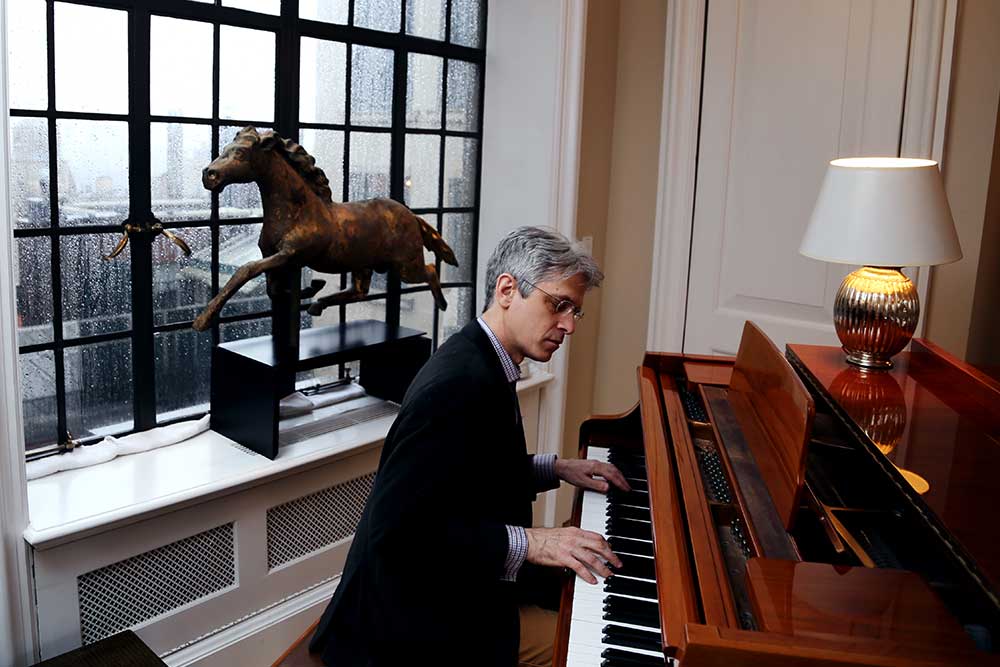


I think every composer wants to hear a deeply personal and committed performance of their music. We’re not nearly as concerned with technical accuracy."

What advice would you give to singers who want to start working with composers?
I think every composer wants to hear a deeply personal and committed performance of their music. We’re not nearly as concerned with technical accuracy.
Have you ever doubted your path?
A thousand times! I didn’t really focus exclusively on composing until I was in my early thirties, but once I did I was totally obsessed and passionate about expressing myself as well as I could musically. I was headed for a career in medicine early on, taking every required pre-med course in college. Then it was acting – I moved to New York and took every conceivable drama course and workshop, and performed in plays off- and off-off-Broadway for six years. Simultaneously, I pursued visual art, earning an MFA in painting from the Parsons School of Design and showing in several New York galleries. Composing and painting were dual pursuits for several years before composing took the lead. It’s been a circuitous path!
When did you first have a score published, and how did it come about?
The first important publisher that took me on was G. Schirmer. When Debbie Voigt agreed to record my songs, Schirmer was willing to publish a book of my songs. I also know that my friend, tenor Robert White, helped the process along by making connections on my behalf.
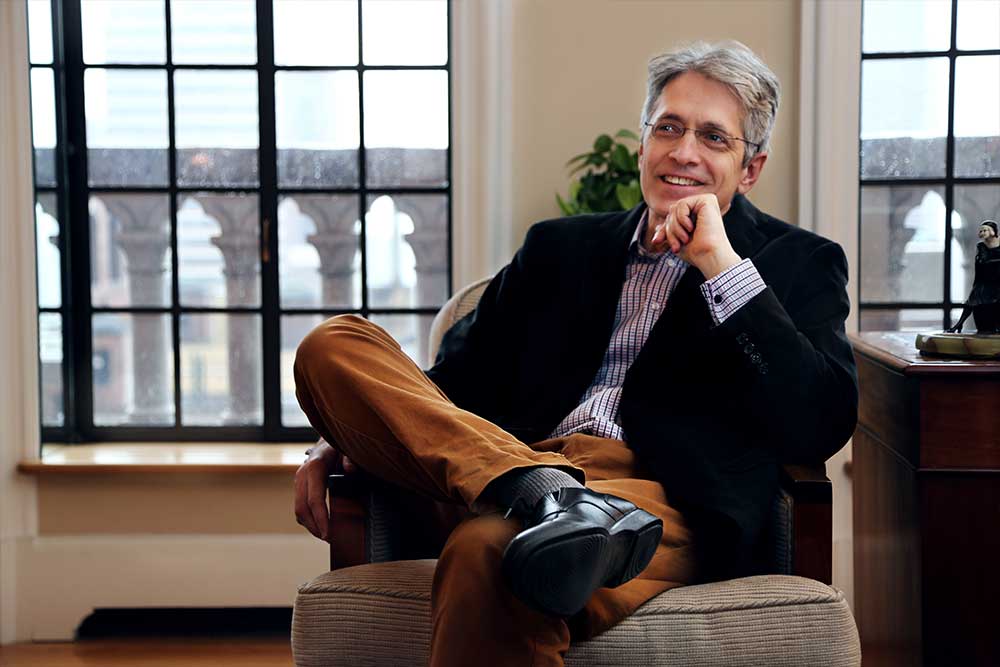


How do you get in the “zone” when you are composing/working?
I honestly never have needed to. I am always spontaneously thinking of musical ideas and always welcome getting back to work. I’m not saying my ideas are always good, usually they’re not, but I love the process and constantly want to get back to it.
Who inspires you?
Philanthropists, like Bill Gates, inspire me. The doctors from “Doctors without Borders”, who put themselves at risk in the world’s poorest countries and in war zones, they especially inspire me. I’m inspired by people who could be so comfortable in life, but instead they choose to work hard to improve the world. Because music and art are the only areas in which I feel I have any talent or gift to contribute, I truly hope my work will make some small positive impact in the world.
How do you feel about contemporary music today?
For so many years it was considered daring merely to write tonally – thank goodness that’s behind us. Now, I long for more contemporary composers who can write tonally, but can do it extremely well.
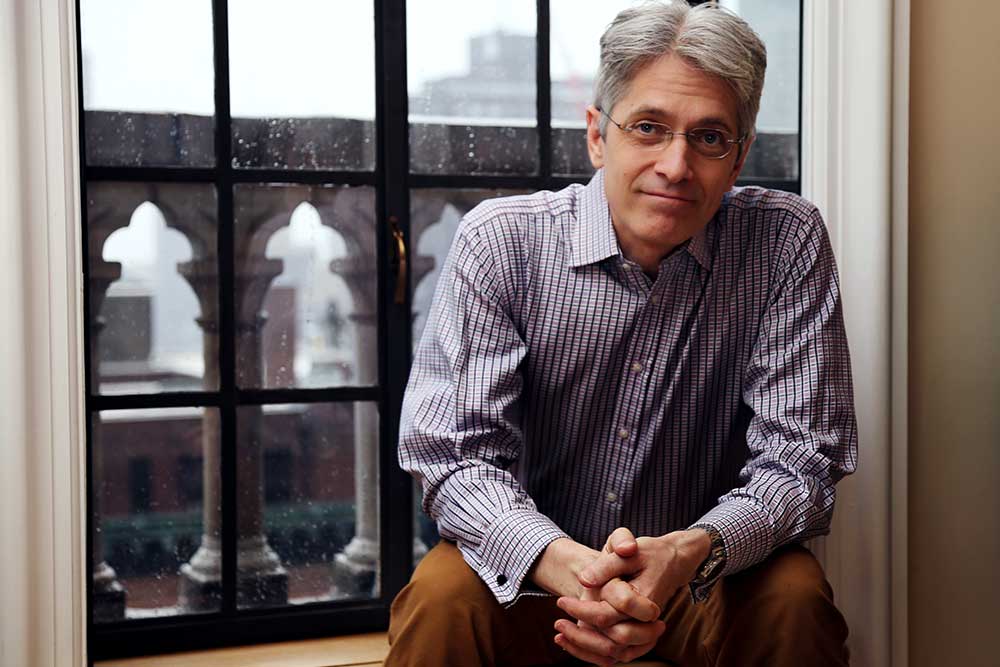

When it comes to working with a librettist, how do you approach this process?
Collaborations can be exhilarating and also torturous, as the history of famous collaborations often attests. I love the constant give and take: sometimes music first, sometimes words. I also feel that nothing should be set in stone, even after a work premieres. Ultimately, mutual respect is the key – that may seem like a given, but when it’s not there the collaboration simply can’t work. With mutual respect for each other’s work and ideas, this type of collaboration can produce excellent results. I’ve been lucky to work with some wonderful librettists!
Do you have any advice for young composers?
I don’t know who said it first, but you should compose what you want to hear. That goes for other art forms too: paint what you want to see; write what you want to read; etc. Simply following this advice means your work will be personal. It also means you’ll work to hone the technical side of musical composition because you can’t really say what you want to say unless you have the tools.
Are you working on anything at the moment?
I’ve sketched out ideas for at least three new operas – I’m not sure which of these may come to fruition!
To find out more about Ben Moore see: www.mooreart.com
All images displayed in this article are subject to copyright.
Share this article


